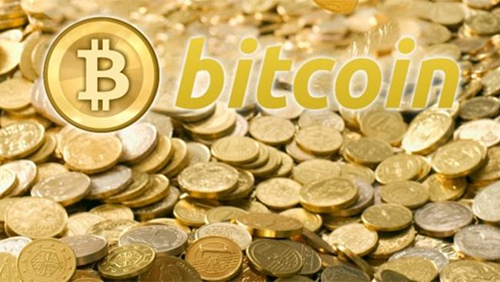 In an apparent attempt to talk about Bitcoin and shed light on how to better understand the digital currency, the Financial Crimes Enforcement Network, a department of the U.S. Treasury Department, invited the Bitcoin Foundation, a group that seeks to improve the digital currency’s standardization and security, to sit down and discuss the topic with representatives from several government agencies.
In an apparent attempt to talk about Bitcoin and shed light on how to better understand the digital currency, the Financial Crimes Enforcement Network, a department of the U.S. Treasury Department, invited the Bitcoin Foundation, a group that seeks to improve the digital currency’s standardization and security, to sit down and discuss the topic with representatives from several government agencies.
The meeting, which was held earlier this week, also involved officials from the FBI, IRS, Federal Reserve, Office of the Comptroller of the Currency, Federal Deposit Insurance Corp., Secret Service and Department of Homeland Security. As far as the objective of the meeting was concerned, it all centered around educating the government officials on the technical side of Bitcoin, more specifically, how it works, why it’s different, and the whole smorgasbord of features that makes it such a unique form of digital currency. No talks regarding policies were reportedly discussed, giving us the picture that this was more of a class room session more than it was negotiations on how government agencies ought to handle Bitcoins.
Arguably the most important objective of the session was to open dialogue between regulators and proponents of Bitcoin amid increasing scrutiny of the controversial digital currency. According to Bitcoin Foundation executive director Jon Matonis, the growing misconceptions involving Bitcoin were also discussed and cleared up during the session.
“You don’t know what the regulators out there are reading,” Matonis told IBTimes. “You don’t want things on the Internet to be their only source of information.”
The hope was that after the session, regulators, policymakers and law enforcement officials would come out with a better understand of Bitcoin so new methodologies and parameters can be developed to turn it into a widely accepted form of currency.
“Bitcoin and distributed finance is here to stay,” Patrick Murck, general counsel for the Bitcoin Foundation, told the Guardian. “Our preferred path forward is a co-operative one, where we all can help ease each other’s transition into an inclusive and distributed global financial system.”
Bitcoin added to Oxford’s Online Dictionary
On a lighter note, Bitcoin scored a huge coup of sorts on its path to mainstream relevancy when the Oxford Online Dictionary officially recognized “bitcoin” as an official word. Bitcoin was among 40 words that were officially approved by Oxford with Bitcoin now being given the official definition as “a digital currency in which transactions can be performed without the need for a central bank”.
In addition to Bitcoin, popular fad speak from the young and self-absorbed such as “selfie”, “Srsly”, and “me time” were also added to the to the Oxford online dictionary.
“The additions may have only just entered the dictionary, but we’ve been watching them for a while now, tracking how and where they are used,” Oxford said in a blog post.
But just to be clear, none of these words, including Bitcoin, have been added to the Oxford English Dictionary, just the Oxford online dictionary. It’s a distinction that quite frankly confuses us, but hey, score a point for proponents and advocates of Bitcoin. It’s now an official word with its own official definition.





